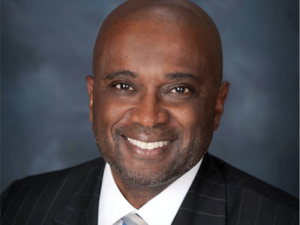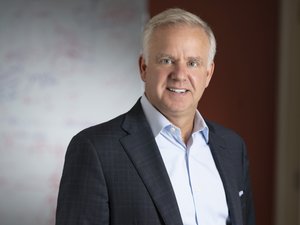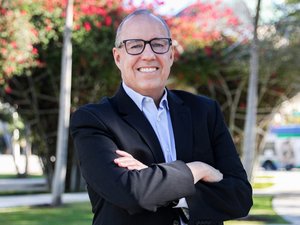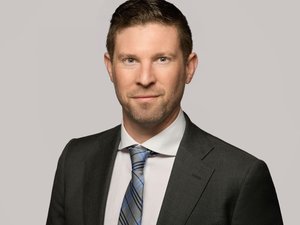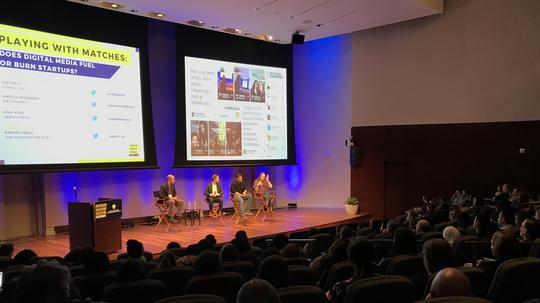
Tweets and posts ruled the day at Capital One's McLean headquarters on Thursday for Social Media Week Fairfax, which brought together some of the metro area's best collectors of likes and mentions.
Panelists for the event included executives from Food Network (which explained how it got 100 million views on a "pizza skulls” video), Booz Allen Hamilton, Axios, Hilton and more. And though it was focused on social media, many of the lessons shared by panelists apply across the board for starting a company.
Here are some highlights:
National Geographic's top-ranked Instagram account (they say it's somewhere between @NICKIMINAJ and @Nike) is run by reporters in the field, not at corporate HQ. Tammy Abraham, VP of corporate partnerships, said that's crucial to building an audience:
"Authenticity is probably the key point on social media. You see through anything that isn’t true to that brand. For @NatGeo, we have to be true to our mission."
Ajay Kori, founder and CEO of flower delivery startup UrbanStems (@UrbanStems), used social networks as an early catalyst as his venture got off the ground:
"Digital channels are expensive. When you’re a smaller company, social media is one of the best ways to bring in influencers and people who care about what you’re doing, and they will evangelize you."
He said entrepreneurs should dive into good ideas before having all the answers:
"When you're a smaller company without funding, social media is the easiest and most efficient way to bring in customers and influencers. We found these influencers and gave them flowers. They talked about it and we built up buzz."
"Your business plan will change so many times. Build the plane as you’re falling off the cliff – though it’s scary, it’s the best way to do it."
Judy Smith (@JudySmith_), crisis management expert and inspiration for the TV show Scandal, said many companies aren't quick enough to react in the digital age:
"If it takes bad news less than 17 seconds to get out, you start off at a deficit because the narrative is set."
"There’s a level of appreciation people have when you know you’ve made a mistake, you admit it and apologize and say as a company, 'We can do better.' People appreciate when you make a mistake and you own it."
"I’m a big believer in preparation. We do pre-crisis work to look at companies and figure out where weak spots and risks are ... There's no way to avoid facts and truth. It will come out, it’s a question of when."
Lanae Spruce, digital engagement manager at the Smithsonian National Museum of African American History and Culture (@NMAAHC), talked about the responsibility of her role:
"As a museum, as a national institution, it's our job to bring history to the forefront. We tell stories. History doesn’t change, so we’re always thinking of new campaigns or a new perspective to keep people coming back for more.”
Joe Falit, founder of Yombu (@Yombu360), laid out his perspective on starting a tech company in the D.C. area:
"No one is going to work on your startup harder than you are. When people give you advice, sometimes they’ve heard about your business for 30 seconds. Stir it in the pot, make the decision best for your business."
"Have a really good support network. It will be far harder than you could ever imagine. To break even, it is taking longer and longer ... Make sure you have the energy and time to commit."
